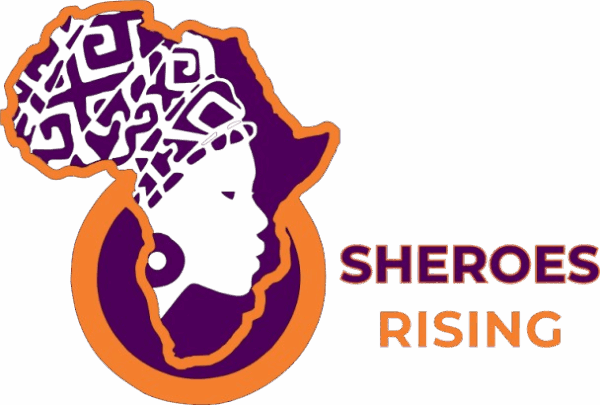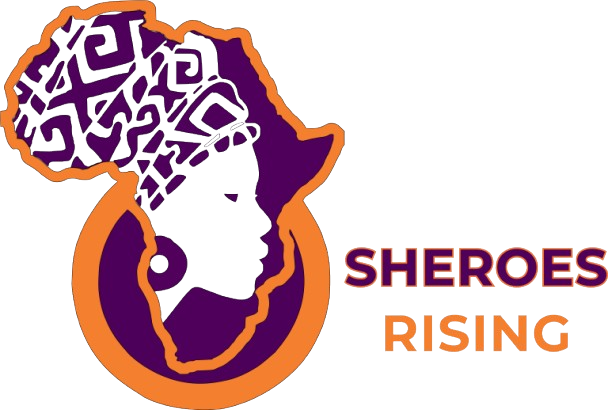International pay gap day is celebrated every year on 18th September towards achieving equal pay for all women around the globe.
In other not to be left behind, the sustainable development goals {SDGs} address the need in achieving gender equality and empowerment of all women and girls. To promote equal pay for work of equal value either by men or women, Achieving equal pay is an important milestone for human rights. It takes the effort of the entire world, community yet more work remains to be done. The United Nations, including UN women and international labour Organization (ILO) invites Members, states, civil society, women’s groups, community-based organizations, advocates and feminist groups, as well as businesses, workers’ and employers to promote equal pay for work of equal value and the economic empowerment of women and girls globally.
Equal pay is not just a matter of fairness; it is a fundamental human right and a cornerstone for achieving inclusive and sustainable development. When women are paid less, it limits their ability to provide for their families, access opportunities, and fully participate in society. The effect deepens poverty, slows economic growth, and undermines progress toward achieving the Sustainable Development Goals (SDG 5 on gender equality and SDG 8.5 on equal pay for work of equal value).
“The principle of equal pay for equal work is written in the EU Treaties since 1957. It is high time that it is put in practice everywhere”
In many developing countries, including Nigeria, the challenges are compounded. Women are overrepresented in informal, unpaid, and low-paying jobs, often with little or no protection under Labor laws. Social norms, limited access to education, and the burden of unpaid care work further restrict women’s economic opportunities. These factors make the fight for equal pay not just a workplace issue but a societal challenge that requires collective efforts and action.
In Nigeria the COVID-19 pandemic magnified these inequalities.
Women, especially in frontline and informal sectors, faced job losses and income reductions, setting back years of progress. The crisis in Northern Nigeria particularly the Northeast also heightens the role women play in sustaining economies and communities as health workers, humanitarians, caregivers, entrepreneurs, and innovators.
Recognising, respecting and compensating this contribution fairly is long overdue.
Ajirjir Martins & Hawwah A Gambo
Sheroes Editorial.









